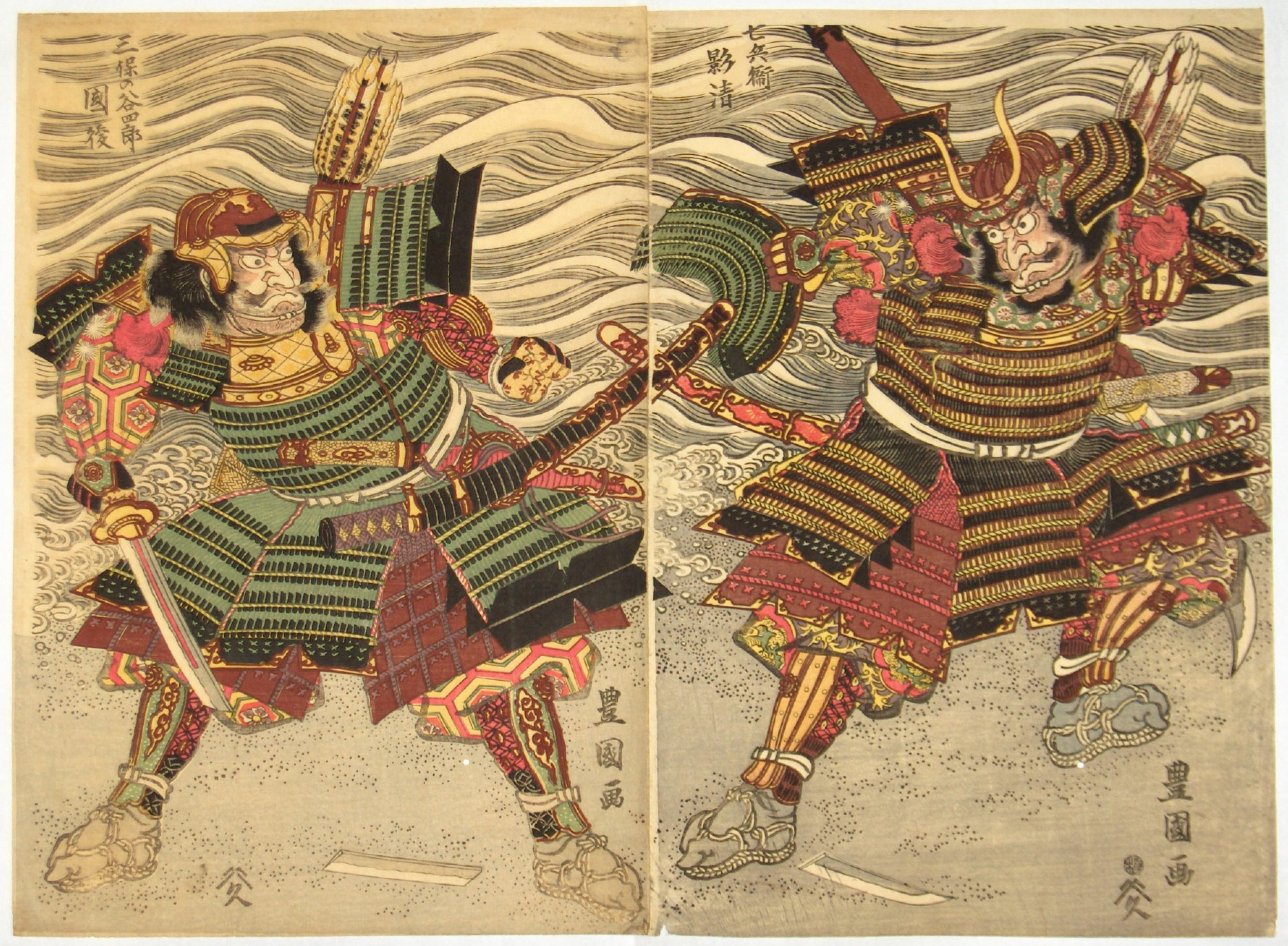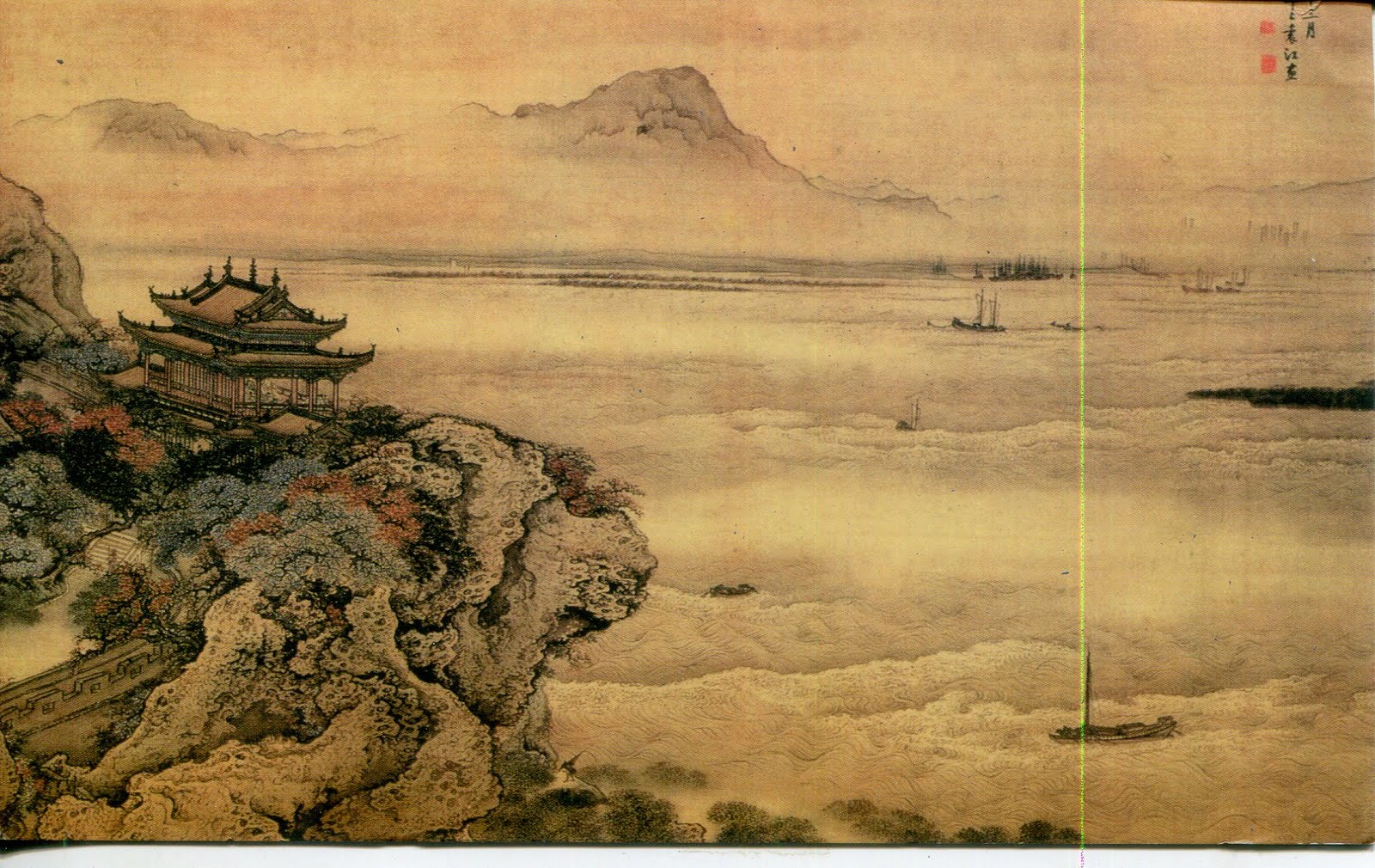

A representation of the mural on the northern wall of Ramesses III's mortuary temple depicting his victory over the "Sea People"
The collapse of the late Bronze Age cultures in the eastern Mediterranean, redux
Within a few decades around 1200 BCE most of the thriving cities around the eastern Mediterranean had been burnt to the ground, abandoned or reduced to a shadow of their former selves, including Mycenae, Thebes and Tiryns on the Grecian peninsula, Knossos on Crete,(*) and Troy in western Anatolia, to mention only names which are widely known. The worst of this Catastrophe, as Robert Drews termed it, appears to have taken place in Anatolia, Syria and the Levant, leading to the collapse of the Hittite Empire and the smaller kingdoms located in that region. Mesopotamia was not affected (apparently it was too far inland), but the Egyptians had to fight for their lives multiple times between 1208 and 1176 BCE and managed to defeat the marauders we have come to call the "Sea People" (as well as the Libyans twice), following the formula of a 19th century French historian. Nonetheless, the Egyptians were sufficiently weakened that their empire began to contract markedly: the victories over the Sea People were the swan song of the New Kingdom. Moreover, a Dark Age lasting as long as 400 years commenced on the Greek peninsula and the Aegean isles, where populations decreased and often moved to more easily defended fastnesses. The light finally began to shine there again in the age of the Homeric poets, which I discuss in my review of Moses Finley's The World of Odysseus.
Last summer I wrote about Robert Drews' The End of the Bronze Age: Changes in Warfare and the Catastrophe CA. 1200 B.C. (1993), which reviewed the many extant theories about the causes of the Catastrophe and then proposed another. But many questions remained unanswered and the yet hypothetical nature of all the explanations was painfully obvious. Inaugurating a new series in ancient history, Princeton University Press has recently released 1177 B.C.: The Year Civilization Collapsed (2014), by Eric H. Cline, which I've read in the expectation that some improvement in our grasp of those distant events had been made in the intervening two decades. Such is indeed the case.



 Log in with Facebook
Log in with Facebook 













